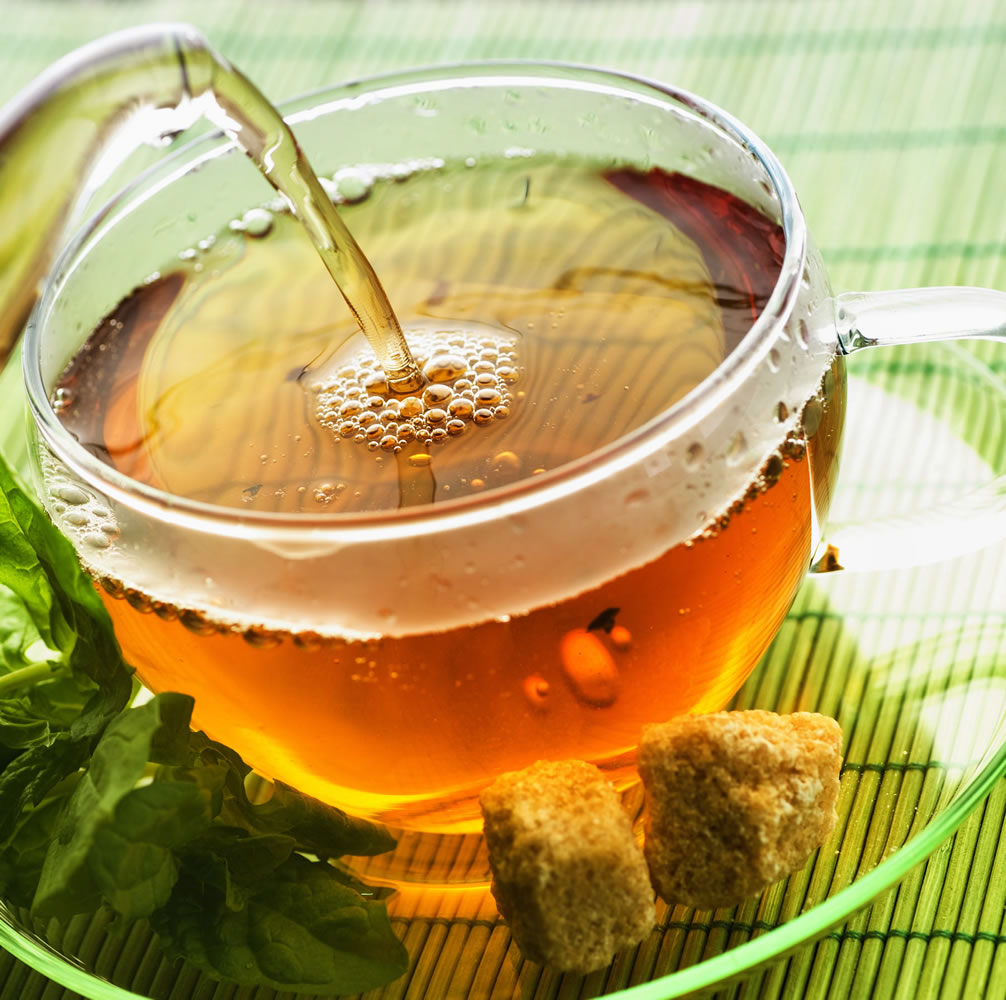Nationally, tea purchases have risen for 20 consecutive years, annual supermarket sales have surpassed $2.2 billion, and away-from-home consumption of tea has grown by at least 10 percent a year for a decade, according to the Tea Association of the USA, a New York-based industry group. On any given day, the association says, 160 million Americans drink tea.
Although coffee is still king in the United States, change is brewing. Department of Agriculture statistics show tea drinking has increased as coffee drinking has declined: Per-person tea consumption was nine gallons in 2009, up from 7.3 gallons in 1980; per-person coffee consumption was 23.3 gallons in 2009, down from 26.7 gallons in 1980, about half what it was in the mid-1940s. And while studies also show that coffee is associated with many health benefits, including helping protect against diabetes and Parkinson’s disease, a typical cup has much more jitter-producing caffeine than tea does.
Manelle Martino, co-owner of Capital Teas in Washington, said she has seen the explosion of interest in tea firsthand. Her sales of loose-leaf tea have risen substantially each year since she opened the business in 2007, she said. “We started the tea company with one shop. Now, there are six stores in the D.C. area,” she said. “People are becoming more health-conscious. You have baby boomers who are into preserving their youth. You see them wanting to take better care of themselves.”
Tea comes from the leaves of the warm-weather evergreen Camellia sinensis, and it is classified into five types: black, white, green, oolong and puerh.



